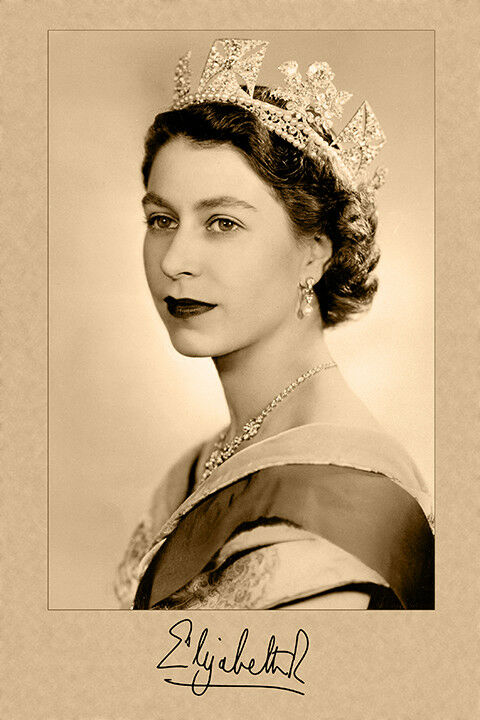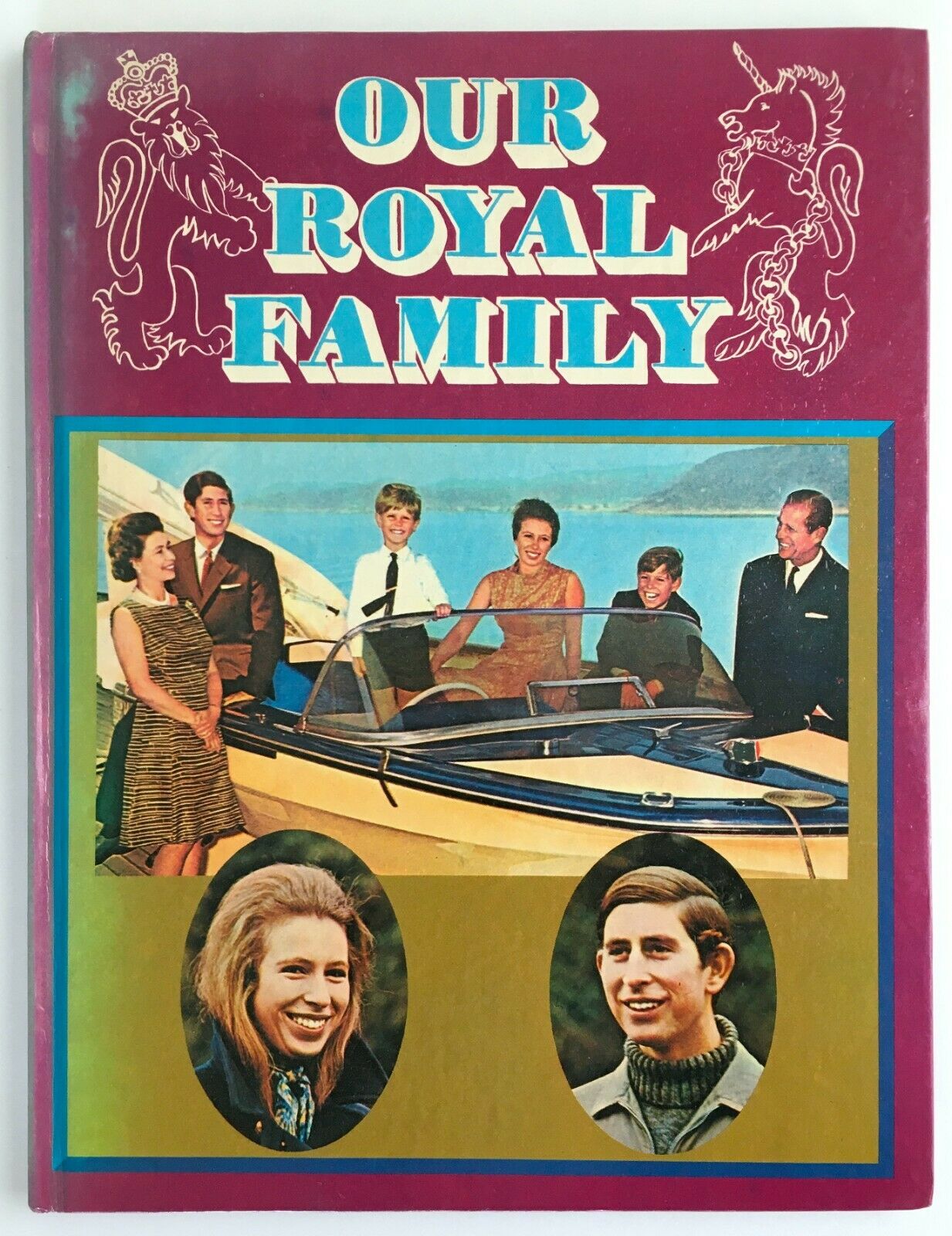-40%
Rare German Royalty Empress Augusta Royal Queen Signed Document Letter Germany
$ 395.97
- Description
- Size Guide
Description
For your consideration is a rare and important hand-signed letter on Germany royal stationary by German Empress/ Queen / Crown Princess Augusta of Germany. This is a very beautiful manuscript letter, embossed royal crown on Schloss Wilhelmsohe stationary. A very rare royalty document.Queen Augusta Hohenzollern Imperial Germany Prussia Saxe-Weimar Signed Letter.
Rare signed letter from Princess Augusta of Saxe-Weimar-Eisenach (1811-1890) Queen of Prussia and the first German Empress as the consort of William I, German Emperor. The letter i written to a close friend dated simply as 15th November and written from her home in Koblenz.
Princess Augusta of Saxe-Weimar-Eisenach (Augusta Marie Luise Katharina; 30 September 1811 – 7 January 1890) was the queen of Prussia and the first German empress as the consort of William I, German Emperor.
Augusta was the second daughter of Charles Frederick, Grand Duke of Saxe-Weimar-Eisenach and Maria Pavlovna of Russia, a daughter of Paul I of Russia and Sophie Dorothea of Württemberg. Augusta was only fifteen years old when, in 1826, she and her future husband met. On 11th June 1829, after a strenuous three-day trip from Weimar to Berlin, Wilhelm married his fiancée, fourteen years younger than he was, in the chapel of Schloss Charlottenburg.
The first weeks of marriage were harmonious; Augusta was taken favorably in the Prussian King's court, however, Augusta soon started to be bored with its military sobriety, and most courtly duties. In a letter which Wilhelm wrote on 22 January 1831 to his sister Charlotte, he complained of his wife's "lack of femininity". That aside, their first child, Prince Friedrich (later Friedrich III of Germany), was born later that year on 18 October 1831, three years after their marriage and their second child, Louise, was born on 3 December 1838, seven years later. Augusta later had two miscarriages in 1842 and 1843. She had also gone through manic-depressive phases since 1840; she felt unwanted due to Wilhelm having mistresses and suffered from the huge pressure under which she stood.
In 1849, he was appointed Governor-General of the Rhine Province and in the spring of 1850, he and Augusta took up residence in Koblenz. which is where this letter is written from.
In 1858, Wilhelm became Regent after his brother was no longer able to lead his government due to suffering several strokes. He and Augusta traveled to the Court at Berlin.
Wilhelm soon dismissed the old ministry when he succeeded his childless brother as King in 1861 and appointed liberal ministers of his own, notably from his own Court at Koblenz. The King appointed Otto von Bismarck as the new Prussian Minister President. Augusta, now Queen, regarded Bismarck as her mortal enemy and Bismarck likewise despised Augusta for her (albeit low) influence on her husband. Augusta was particularly horrified at Bismarck's foreign policy and his cause in the commencement of the Austro-Prussian War.
The Austro-Prussian War soon ended in 1866 but four years later, the Franco-Prussian War started in 1870 and Augusta continued to hold Bismarck personally responsible. However, the aftermath of the war left Wilhelm as German Emperor and Augusta as German Empress.
Augusta had suffered from rheumatism for many years and in June 1881, she received heavy injuries from a fall which left her dependent on crutches and a wheelchair, but this did not hinder her from fulfilling her duties.
She finally made amends with her husband on his ninetieth birthday in 1887, but he soon died a year later. Only ninety-nine days later, her son, who had succeeded to the throne as Friedrich III, succumbed to cancer of the larynx. She did, however, see her beloved grandson Wilhelm become King and Emperor that year, but died a year later on 7 January 1890, aged 78. Augusta was buried in the mausoleum of Charlottenburg beside her husband.
"My dear Sunny -
I do not know how many, kind, excellent, sympathetic letters from you that I have received to which I have not responded to and what opinion you must have of me. It is certain that good-will lessens and lessens with my poor health, with my position and the obligated correspondence which does not give me the ability to write from the heart.
This is my excuse, my only excuse; kindly accept it and tell yourself that the most obstinate silence does not alter in anyway the feelings that I hold for you since my childhood and which are so dear!
I do not regret not seeing you this time in Berlin as I would have had nothing from you and you would have only found a hypochondriac but I do wish to make it up to you all the more XXXX by asking you to come once after June Month of Hxxxx which XXXX away from Berlin. I understand and share all your maternal anxiousness, I am interested in your son for you and your son, I XXXX beg you to not loose courage if the success is not as you wish.
Adieu my dear XXX,
Your faithful friend,
Augusta"
Size: 18.5 x 11.5 cm approx.




















